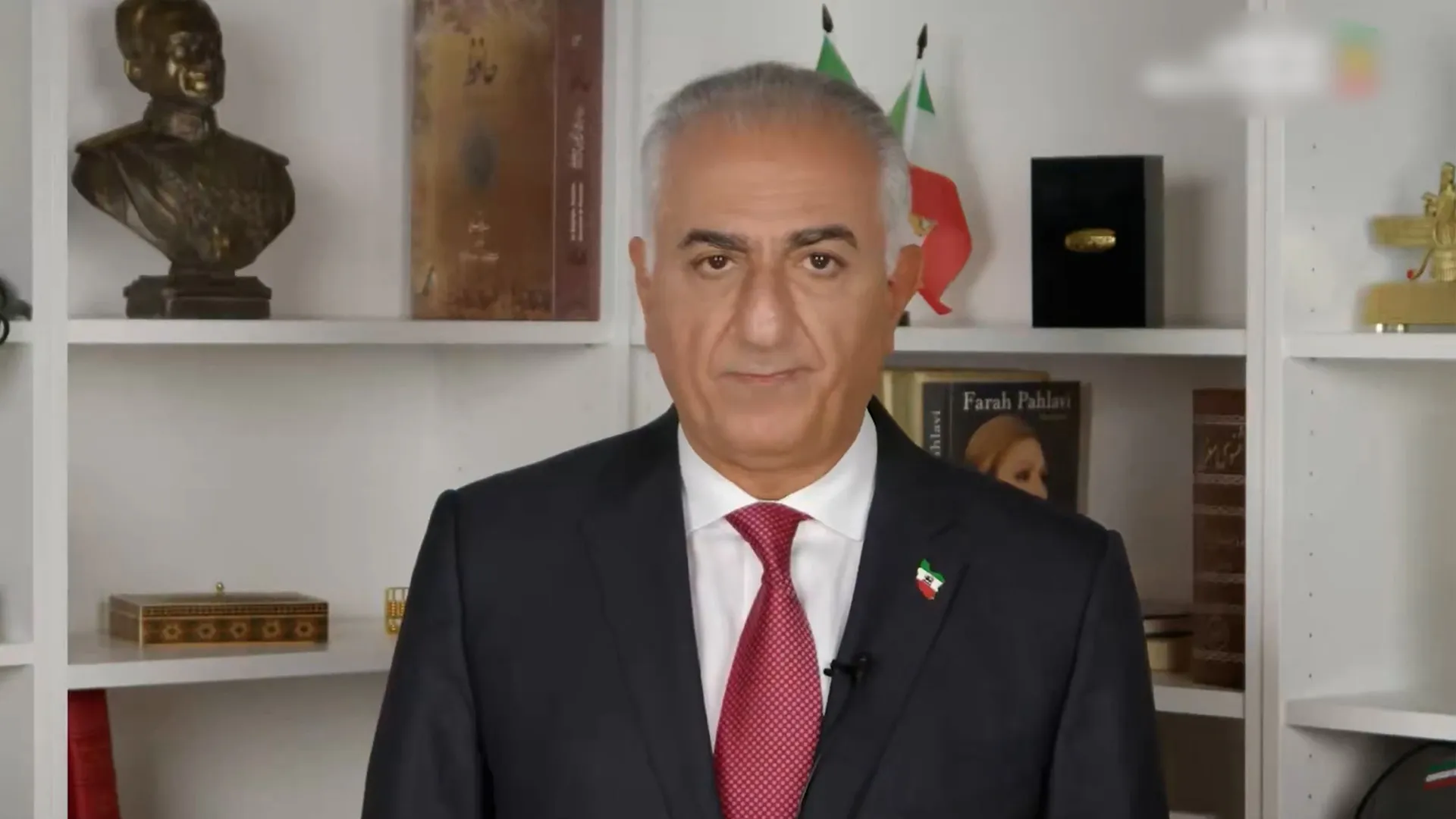BREAKINGBREAKING,
Breakaway region achieves diplomatic breakthrough after more than 30 years without international recognition
Published On 26 Dec 202526 Dec 2025
Israel has become the first nation in the world to formally recognise Somaliland, ending the breakaway region’s three-decade quest for international legitimacy.
Foreign Minister Gideon Saar announced on Friday that Israel and the Republic of Somaliland had signed an agreement establishing full diplomatic relations, including the appointment of ambassadors and the opening of embassies in both countries.
The historic accord marks a significant breakthrough for Somaliland, which declared independence from Somalia in 1991 but has failed to gain recognition from any United Nations member state.
Somaliland controls the northwestern of the former British Protectorate on what is today northern Somalia.
Israeli Prime Minister Benjamin Netanyahu described the new friendship as “seminal and historic” in a video call with Somaliland President Abdirahman Mohamed Abdullahi, inviting him to visit Israel and calling it a “great opportunity to expand their partnership.”
Saar said the agreement followed a year of extensive dialogue between the two governments and was based on a joint decision by Netanyahu and Abdullahi.
“We will work together to promote the relations between our countries and nations, regional stability and economic prosperity,” Saar wrote on social media, adding that he had instructed his ministry to immediately institutionalise ties across a wide range of fields.
More to come…
Source link

